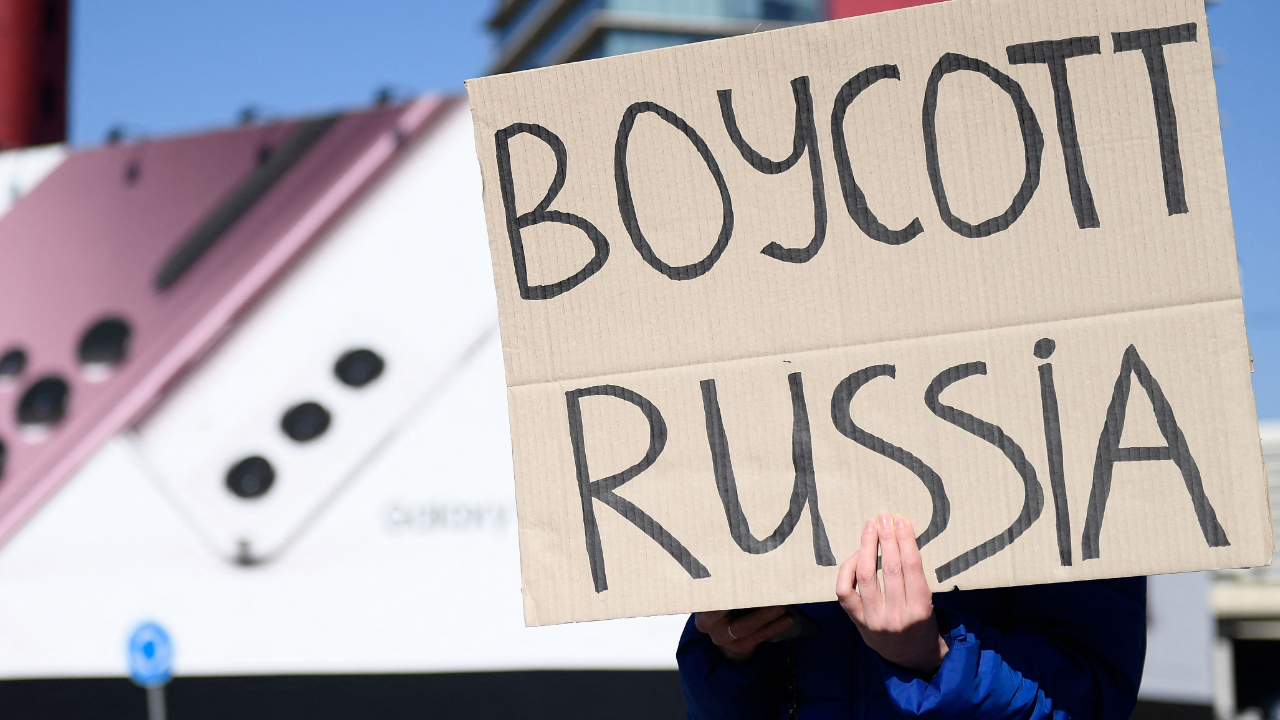There are dozens of companies that have cut ties with Russia in recent weeks, having mostly to do with the invasion of Ukraine. But is that really all? Here we’ll look at why technology companies are so eager to jump ship.
Below are some key factors that may be pressuring some big names to take immediate action:
Price of the Rouble
Doing business in Russia was never a really profitable venture, more akin to serving a developing nation.
The Russian economy wasn’t even that large of a factor on many bottom lines. Placed somewhere just below the top 10 in terms of GDP, the majority of trade comes from Oil and Gas production. This doesn’t leave much for services like Netflix and Microsoft to pull out of the population.
Therefore, the needle was already shaky for a few of these firms.
Good PR
While doing business would normally be the point of every… business, in some cases it just makes sense. Russia has become a toxic entity in the headlines, and you don’t want to be seen as the tone-deaf. Look at the recent calls for protest on McDonald’s and Coca-Cola for companies that are staying on the fence. While having more exposure and to lose from cutting ties with Russia than a typical tech company, the blowback might be significant enough to tip the scales.
But what about the obvious benefits? Now, look at BP, who said Sunday: “Russia’s unprovoked invasion of Ukraine must be a wakeup call for British businesses with commercial interests in Putin’s Russia,” Kwarteng said. Many people suddenly do, and it’s only going to continue.
Sanctions Could Close Trade Any Day
Sanctions today already limit the spread of information from the likes the RT and Sputnik. Requiring companies to censor the state sponsored content. With the conflict not looking like it’s going to let up any time soon, more and more companies are seeing the writing on the wall. Sell your stake, pull out of Russia, and be ready for long drawn-out financial woes.
Therefore, I’m sure the new deals will be much more in favor of returning companies than those who stayed in operation.
Prevalence of Piracy
Russia is no stranger to piracy within its borders. Now, with the Kremlin looking at potentially making pirated software legal, this move further cuts into any potential profit.
Although very few people were keen on spending money on legit software, pirated content might be harder to come by. The country is losing its internet connections as of this article. On top of that, more subscription-based services mean you can’t just “pirate” all of Netflix or FIFA. Hence, future software may look very different for years to come inside the country.

